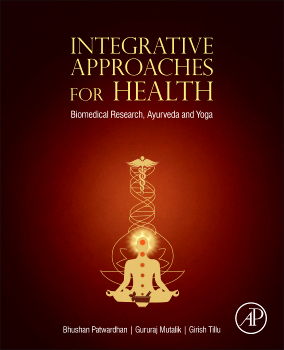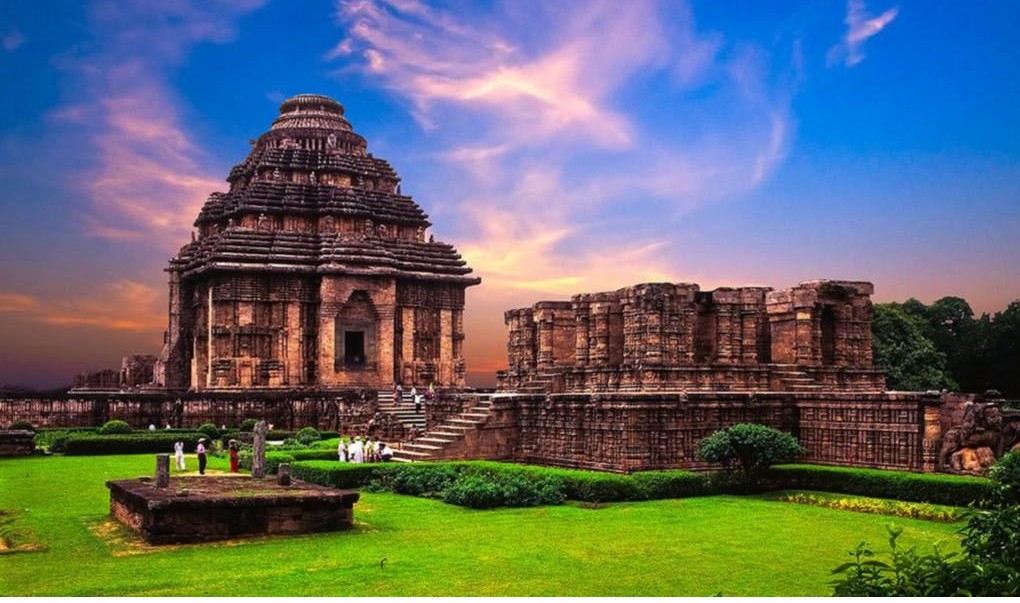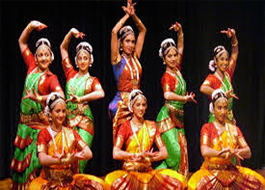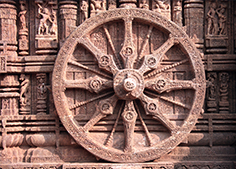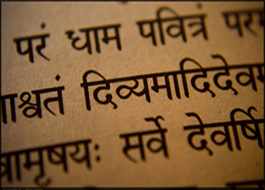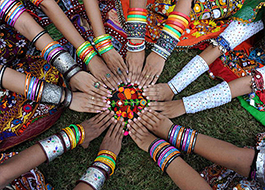Explore Great Indian Wisdom, Knowledge, and History.
Begin the fascinating journey of this unique civilization
Culture
Rich, colorful, and captivating life and doings of the people of this ancient civilization. It presents a living and vibrant people who, while enjoying a multifaceted life, were focused on the true meaning of life and beyond. This section portrays the art, architecture, drama and dance, various festivals customs..
Intellectual Heritage
Focused on the ancient language, Samskrit, unique amongst languages of the world, often aptly termed, the Mother of all Languages. Despite its origin, several millennia before the Christian era, it is still a living language, as it’s immense literature is studied by scholars and researchers worldwide..
Health & Wellness
Derived from the practice of Yoga and applications of the Vedic science of health, healing, the life-span – Ayurveda. This is highlighted in our next theme. The importance of health was emphasized by ancient seers as – Shareeramadyamkhalu..
Yoga
What is Yoga? Classically described as the melding of body and mind, yoga is a routine of harnessing the internal energies of our body and mind to reach perfect harmony that will elevate our quality of life to incredible heights. It was taught as a discipline..
Samskaras
Deals with important milestones of life. Our ancestors designed ingenious landmarks involving ceremonies and prayers to mark key transitional stages in life. These have evolved as ceremonial processes, and continue to be observed in orthodox sections..
Video
Archaeology
The Mohenjo-Daro, Harappan and other associated archeological finds belong to the civilization identified in the Vedas as the Sindhu Sarasvati (Indus-Saraswati) civilization, i.e. the Vedic civilization. Let’s explore great Indian Archaeology.
Civilization
The people of this Civilization who gave the world such treasures as the Vedas, Upanishads and the great Bhagawad-geeta, were natives of the land, and did not come to the Sindhu Sarasvati basin as invaders.
Evidence
Impartial appraisal of Linguistic evidence, Astronomical projections with newly developed software, Paleontological evidence and Satellite maps of Sarasvati Basin, and a total insight into what constituted the Vedic culture.
Theories
The controversial theories developed during the colonial era,assigning 1600 BCE as the earliest period of Vedic thought, and still persisting in the writings of certain western scholars finds no validity in these studies.




